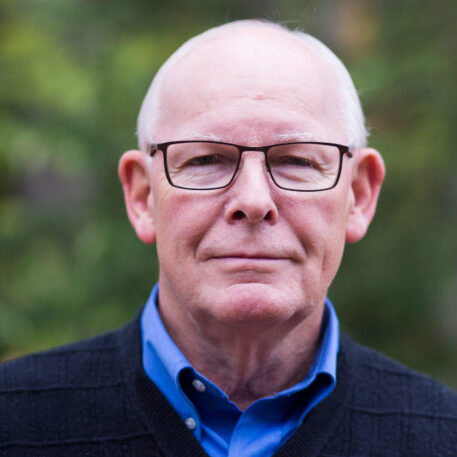
Stan Mast was the Minister of Preaching at the LaGrave Avenue Christian Reformed Church in downtown Grand Rapids, MI for 22 years. He graduated from Calvin Theological Seminary in 1971 and served four churches in the West and Midwest regions of the United States. He also served a 3 year stint as Coordinator of Field Education at Calvin Seminary. He has earned a BA degree from Calvin College and a Bachelor of Divinity and a Master of Theology from Calvin and a Doctor of Ministry from Denver Seminary. He is happily married to Sharon, and they have two sons and four grandchildren. Stan is a voracious reader and works out regularly. He also calls himself a car nut and an “avid, but average” golfer.
Stan wrote weekly sermon commentaries for the CEP website from 2012 to 2019.

About Stan Mast